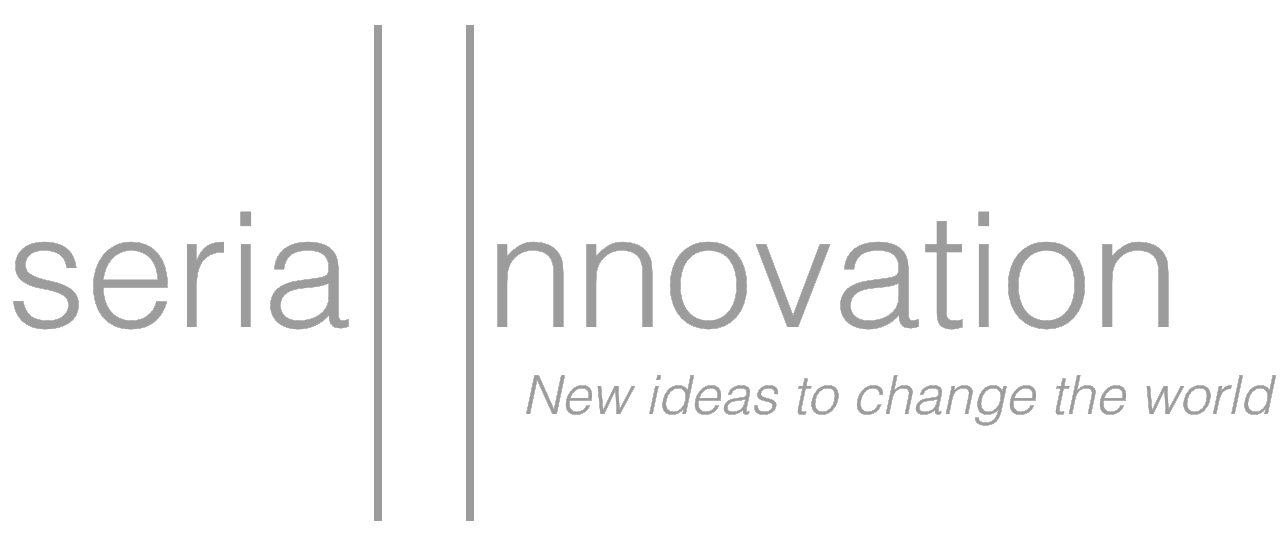When Google announced last month that it was killing its RSS subscription service Google Reader, there was a feeling of inevitability about it.
Google Reader has now joined that illustrious and growing graveyard of past Google properties, including Google Wave and Google Buzz. Short-lived services aren't unique to Google—look at Ping and MobileMe by Apple—but an interview with Marissa Mayer back in 2007 when she served as Google’s VP of Search hints at why Google has a flair for cultivating the ad hoc:
You may have heard about our [directory assistance] 1-800-GOOG-411 service. Whether or not free-411 is a profitable business unto itself is yet to be seen. I myself am somewhat skeptical. The reason we really did it is because we need to build a great speech-to-text model ... that we can use for all kinds of different things, including video search. The speech recognition experts that we have say: If you want us to build a really robust speech model, we need a lot of phonemes, which is a syllable as spoken by a particular voice with a particular intonation. So we need a lot of people talking, saying things so that we can ultimately train off of that. ... So 1-800-GOOG-411 is about that: Getting a bunch of different speech samples so that when you call up or we're trying to get the voice out of video, we can do it with high accuracy. - Marissa Mayer, 2007
Once Google had all the phonemes it needed, 1-800-GOOG-411 was history. At the time of the interview, Mayer's words were clearly aimed at wowing the audience with Google's cleverness in gathering phonemes. But the brazen, almost giddy way that Google talks about using its users for some ulterior purpose is a window into how the company thinks about its relationship with customers.
Few who enjoyed 1-800-GOOG-411 knew the true purpose of the service, or why Google was offering something for free that everyone else was charging money for. They just thought it was another instance of Google fulfilling its promise and mission to make the world's information accessible to everyone. And why wouldn't it be? Google seemed like a new kind of company, a benevolent and friendly company—like that helpful friend who was always volunteering, even when you didn't ask. Oh, you're moving this weekend? Need my truck? I'd be happy to help!
Who could want a better friend than that? Except, what Google didn't tell you was that after you'd loaded all of your belongings into the back of its truck, Google was planning to slither out of the commitment—halfway there. Why? Because Google got what it wanted. What was that? Who knows—an inventory of your stuff, a measure of the respective weights of various kitchen chairs, a record of the relative frequency of smiles and frowns during a moving experience—it could be anything. These are all perfectly interesting topics to explore in themselves, but not when the exploring leaves you on the side of the road—with or without your stuff—trying to hail a taxi. Which is harder than it used to be because—yes—Google's free taxi service just put all of the taxi companies out of business.
The company seems to think that the only way it can get what it needs is to trick users. And 1-800-GOOG-411 is no special case. How many Android users do you think realize that their own phones are being used to track live traffic conditions in Google Maps?
It's interesting to contrast the failure of Google services with others, like Apple's failed Ping social network, or its MobileMe cloud service that Steve Jobs himself said sucked. These failures are more familiar to us because they seem to be sincere. Ping was created to help users share their music interests. Ping failed because it didn't catch on. But 1-800-GOOG-411 was created to help Google amass phonemes. It failed to continue to serve users because it had succeeded for Google. Consider that: a product that when successful, fails to serve users. In this light, Google seems less like the helpful friend, and more like the friend who only calls you when they need something.
Ultimately, the problem with Google's shuttering of Reader isn't that it closed a popular service, it's that it follows a familiar pattern of promising to help and then leaving its customers in the lurch. There's a term for this, when a friendly person helps someone in need and then slinks out of the commitment after getting what they want: it's called taking advantage. It's called exploitation. And so we have to wonder, now, the next time an over-eager friend offers to solve a problem without our asking—we owe it to ourselves to demand: "what's in it for them?" After all, when you're standing on the side of the road with what's left of your valuables, you can't help but reflect that a bad friend can sometimes be far worse than a determined enemy.

